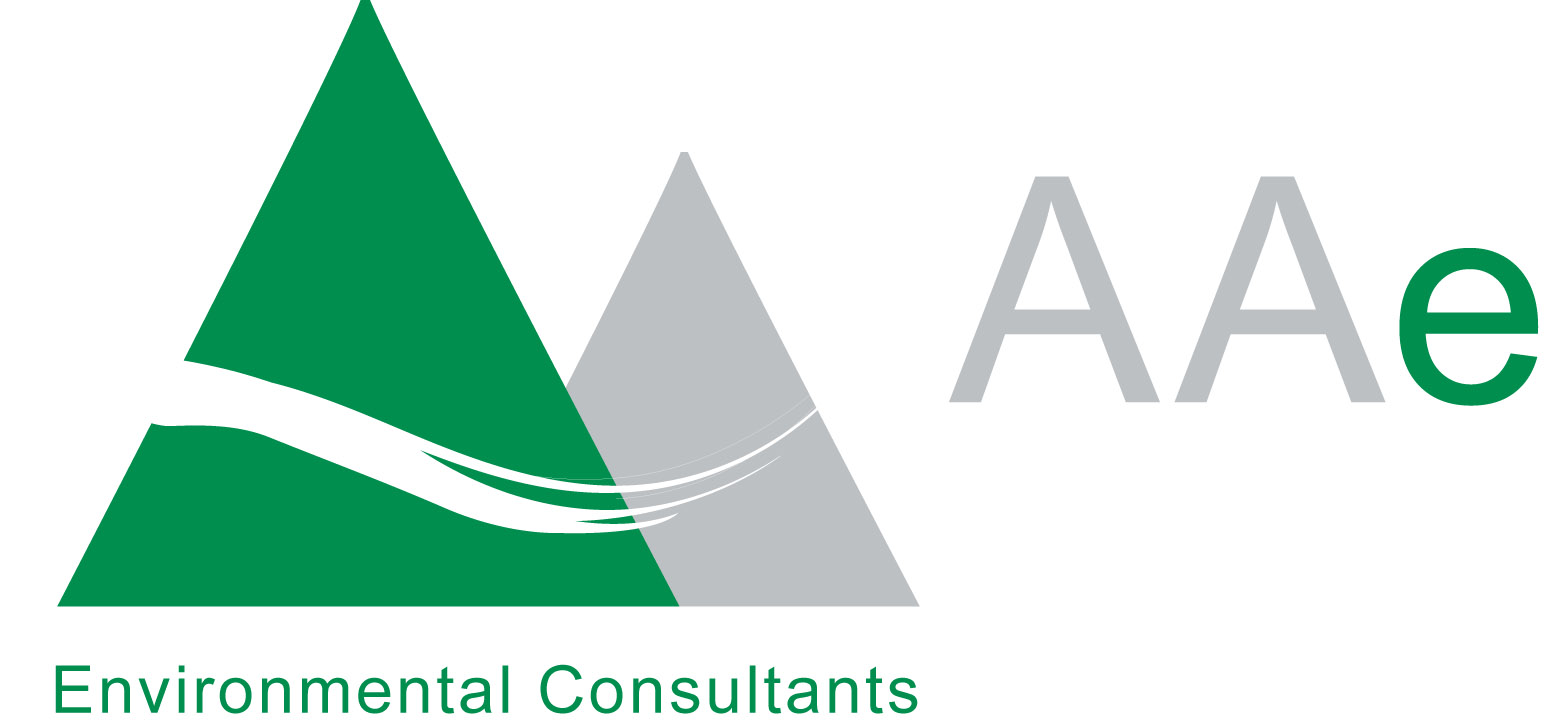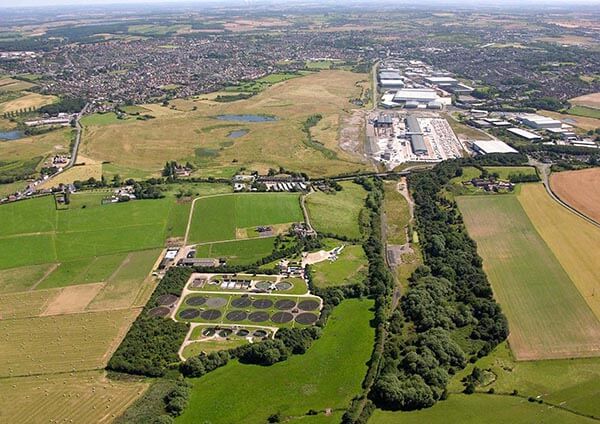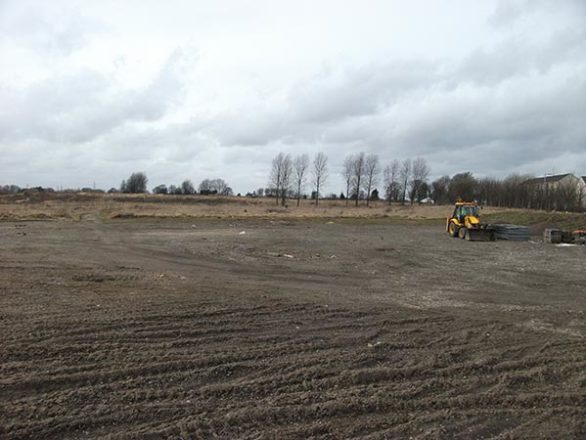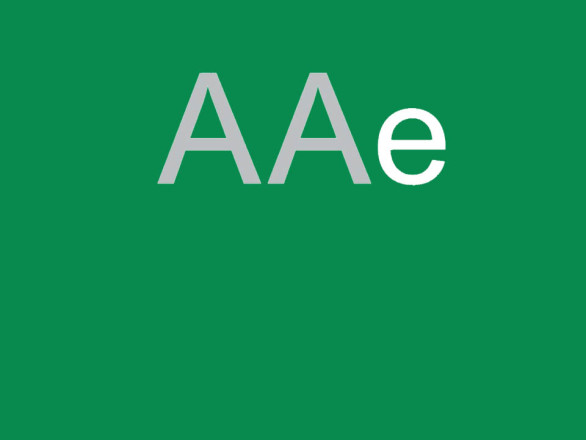AAe are able to provide expertise and support in all stages of the Ecological Impact Assessment (EcIA). These include:
- Initial project design: including discussing key ecological considerations about the project design (and alternatives) with the project proposer and the design team (e.g. engineers, architects) and recommend modifications to the design to avoid negative ecological impacts or, where this is not possible, to reduce them
- Screening: carrying out Preliminary Ecological Appraisals and providing justification if ecology does not need to be taken forward as part of the formal EIA
- Scoping: determining the issues needed to be covered by the EcIA such as identify any potential licensing requirements for survey and/or development regarding legally protected species
- Impact Assessment: including determining the importance of ecological features affected and the scale and magnitude of the impacts on them
- Evolution of project design and mitigation: identifying mitigation measures and opportunities for enhancement, as well as information on implementing mitigation strategies (e.g. Environmental management Plan (EMP))
- Identify significant residual effects and their legal, policy and development management consequences
- The final EcIA report: clearly sets out all the ecological information necessary for a robust decision to be made
- Follow-up and monitoring: including implementation of conditions/planning agreements and taking measures to rectify unexpected negative impacts and ineffective mitigation, compensation, enhancement measures.




